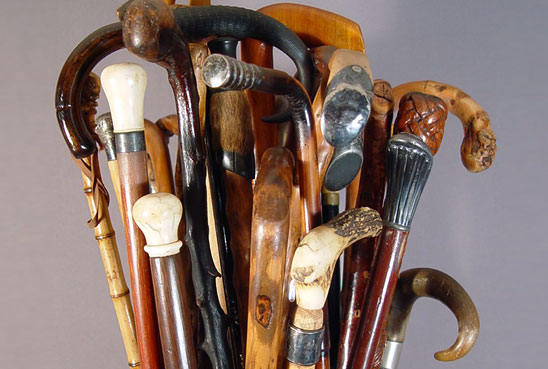In March 2015 I published a short note on Collage which introduced a term taken from the French, and suggested it deserves a place in Philosophy. I now add several additional notes, each of which explores this concept further and suggests how it may be used in discussing some philosophical issues. I have tried to write each note to be read and understood independently of others in the set. My thoughts about Collage developed gradually and this may have contributed to their piecemeal, stop—go/go—stop character. Please therefore read each section as if it was self—sufficient.
 We make assumptions about many matters daily, but because these vary in credibility only some appear to need justification. Some assumptions appear bizarre and beyond justification. Others appear worth making but rather by others than oneself. So there is a wide spectrum — why, then, debate the issue at all?
We make assumptions about many matters daily, but because these vary in credibility only some appear to need justification. Some assumptions appear bizarre and beyond justification. Others appear worth making but rather by others than oneself. So there is a wide spectrum — why, then, debate the issue at all?
What is a “valid assumption,” anyhow? Do I proceed to check out whether assumptions — which of those made — should be examined critically, and carefully, and appraised against some generally accepted criteria? Furthermore, how do I check out my assumptions against yours? We need consensus on such issues.
To take an example: if you and I decide to buy a walking-stick we have several options before we buy. Each of us visits a shop, selects a stick to our liking, assessing whether it is suitable, attractive, and the right height, and whether its hand-piece feels comfortable. You, perhaps, prefer turned wooden sticks, I prefer plain metal ones. But the shop has only one wooden walking stick and a number of acrylic ones. We each select a stick by applying our criteria to the available stock: you get your turned wooden stick, but I choose an acrylic.
Some other person, Jane Jones say, may now comment, when she sees us walking through the park, that the difference in walking sticks is not arbitrary but reflects our judgement, our styles, our tastes! She is making assumptions going beyond what she sees and speculates about the dynamics of choice. She may assume that I prefer acrylic sticks, or that our spouses selected them for us. But these assumptions would be incorrect.
Jane Jones’ experience is typical of what happens to most of us. She observed us correctly, but made incorrect assumptions about the reasons for what she observed. She supplied a reason for the occurrence of an event — and misdiagnosed the situation but fortunately there were no harmful consequences.
What Jane Jones attempted to do was to create a narrative for what she saw. This narrative consisted of an analysis which included a network of reasons of what-went-with-what. It was built on a primary deep assumption that there were causal connections between different aspects of what she saw. The causes themselves were interwoven, carried different weights. She assumed for instance that both I and my friend were carrying sticks which reflected our tastes, but in fact the truth was not well served by her assumption. There have been occasions in the past where she identified workable assumptions, but like others, she has shifted from making good assumptions to ones that are unjustified.
Our wishes in the matter — which were not made explicit and therefore unknown to Jane — were not fulfilled because the store was ill stocked with this commodity! Jane Jones could have created a narrative which could have included (a) the possibility that each of us had a choice to make in the store; (b) that the options to satisfy our choices were realizable; (c) that each acted on their choice and purchased the stick of his choice! But, in this case (b) was totally incorrect and the narrative collapsed.
Jane Jones’ assumptions would have been justified but for (b). A post-hoc analysis is required to create the correct narrative of what was observed in the park. However every post-hoc analysis involves a set of hypotheses whose correctness could in principle be established. *Correctness* assesses whether a description is sufficient for present needs. It is possible that we face several different versions of a situation; we need not determine which are true and which are false, but simply select one of these as adequate. A post-hoc analysis may identify several hypotheses which may not be verifiable: the case may therefore remain open, and should not be summarily dismissed.
